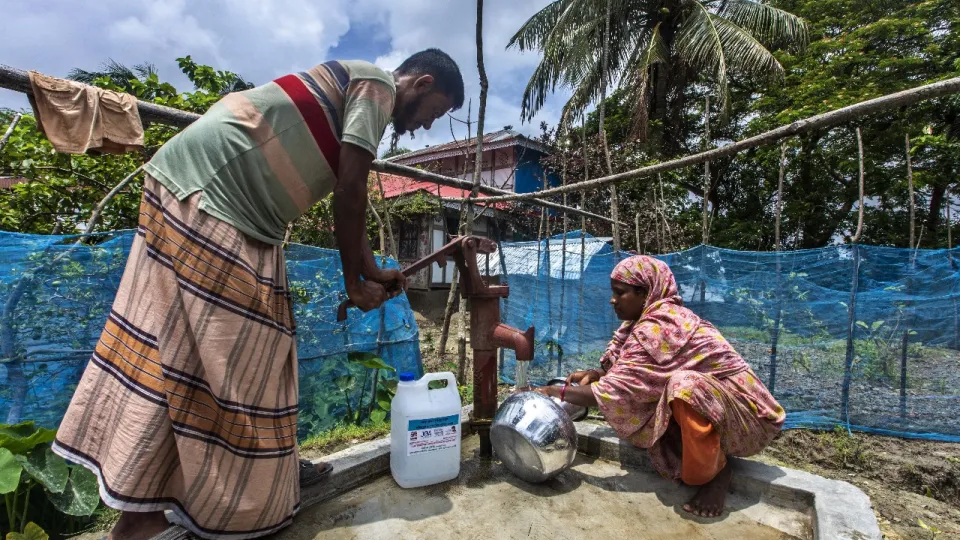
Case Study: Cyclone Remal, Bangladesh
The document discusses the response to Cyclone Remal in Bangladesh, highlighting anticipatory actions and layered funding mechanisms for disaster management.

The document discusses the response to Cyclone Remal in Bangladesh, highlighting anticipatory actions and layered funding mechanisms for disaster management.
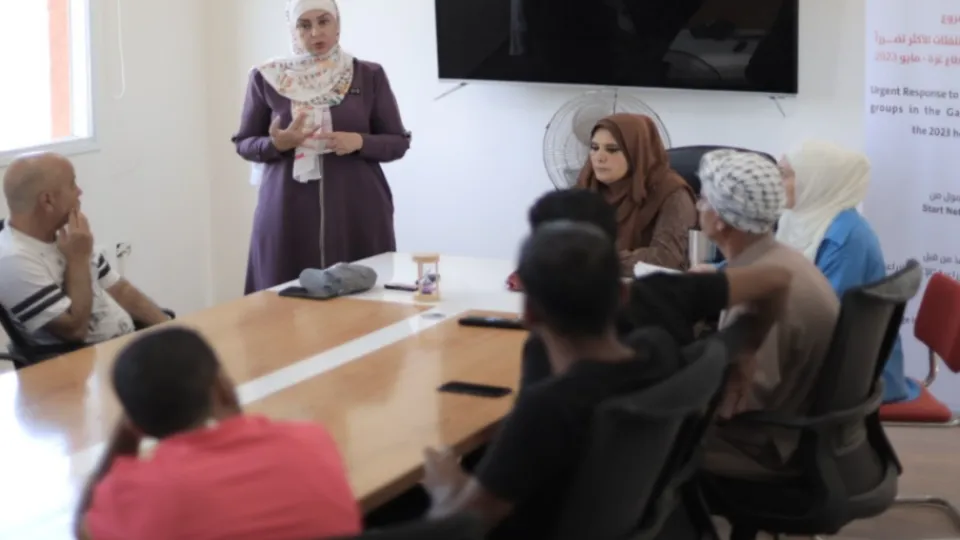
Extreme high temperatures were forecast to affect the Gaza Strip by the Palestinian Meteorological Department (PMD), peaking from June through to August 2023.

With a predicted landfall on the 16th of June 2023, Start Network member SEEDS raised an anticipation alert and commenced anticipatory action for Cyclone Biparjoy.

Following an anticipated five-fold upsurge in migration across the dangerous ‘Darien Gap’ crossing, from Colombia into Panama, CADENA was able to act early to support already stretched local government actions.
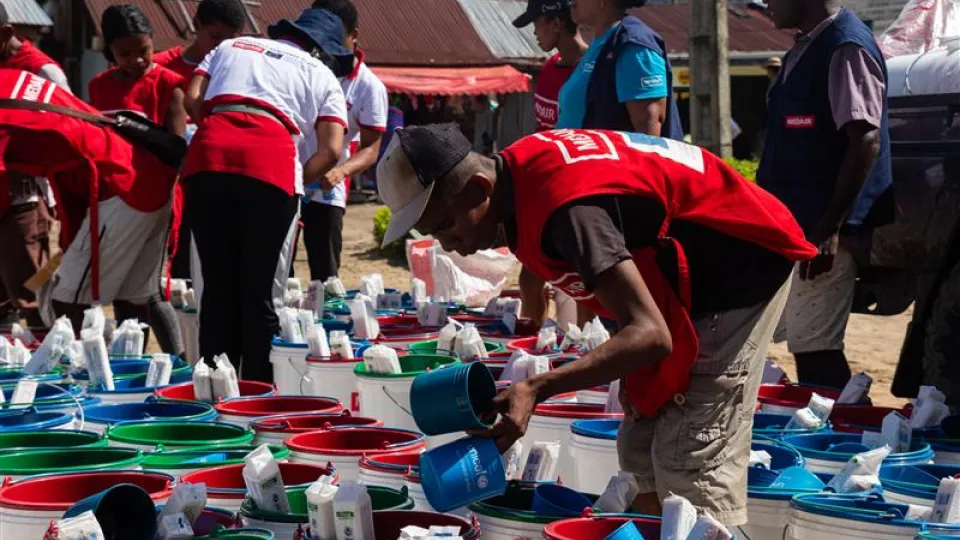
Case studies describe how Start Ready activated in anticipation of two major crises in Madagascar - drought in February 2024 and Cyclone Gamane in March 2024.
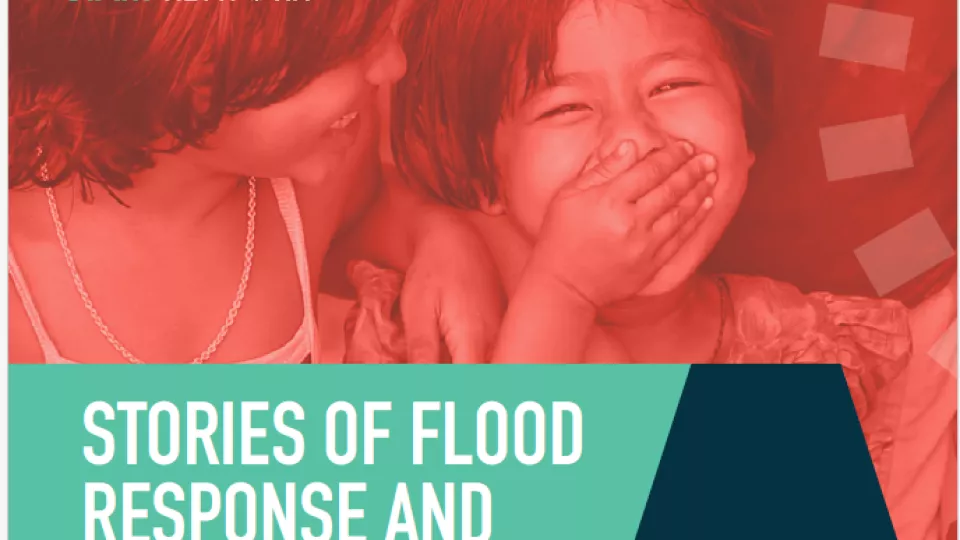
Stories of Flood Response and Recovery from Sunamganj
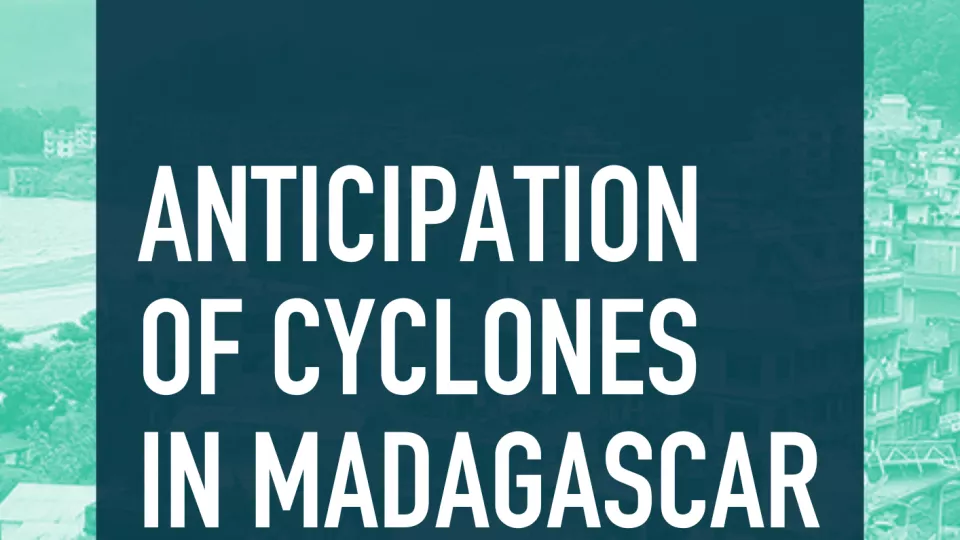
An overview of the Start Fund pilot in Madagascar to anticipate cyclones
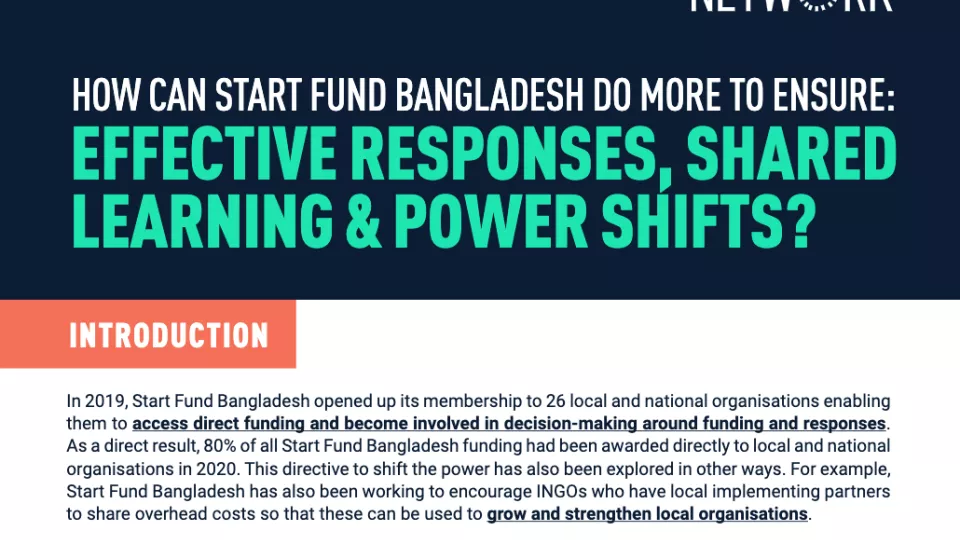
In 2019, Start Fund Bangladesh opened up its membership to 26 local and national organisations enabling them to access direct funding and become involved in decision-making around funding and responses. As a direct result, 80% of all Start Fund Bangladesh funding had been awarded directly to local and national organisations in 2020. This directive to shift the power has also been explored in other ways. For example, Start Fund Bangladesh has also been working to encourage INGOs who have local implementing partners to share overhead costs so that these can be used to grow and strengthen local organisations. To understand more about further changes that Start Fund Bangladesh could make, we listened to some of the reflections of Sina Chowdhury and Sirajul Islam who work for two of the local organisations that joined in 2019. The verbatim quotes from the interviews provide a powerful and rich narrative around their experience working with Start Fund Bangladesh and as humanitarians and have led us to formulate three main lessons for the Start Network: BE MORE INCLUSIVE TO BE MORE EFFECTIVE; UPSKILL TO EMPOWER; and CHAMPION FOR CHANGE. This report would be of interest to all those working towards a system change to a more locally led humanitarian system that is more accountable to those affected by crisis.
The Start Fund anticipation window seeks to mitigate harm and loss for communities at risk of crisis. It does so by enabling and incentivising Start Network members to monitor risk and act on the basis of forecasts. Through the Start Fund anticipation window, Non-Governmental Organisations can respond to shifts in risk, such as a forecast of extreme rainfall or likely political crisis. A key element of this approach requires collective sense-making, or collaborative risk analysis, around the situation forecasted and its potential humanitarian impact.
The Start Fund anticipation window seeks to mitigate harm and loss for communities at risk of crisis. It does so by enabling and incentivising Start Network members to monitor risk and act on the basis of forecasts. Through the Start Fund anticipation window, Non-Governmental Organisations can respond to shifts in risk, such as a forecast of extreme rainfall or likely political crisis. A key element of this approach requires collective sense-making, or collaborative risk analysis, around the situation forecasted and its potential humanitarian impact.